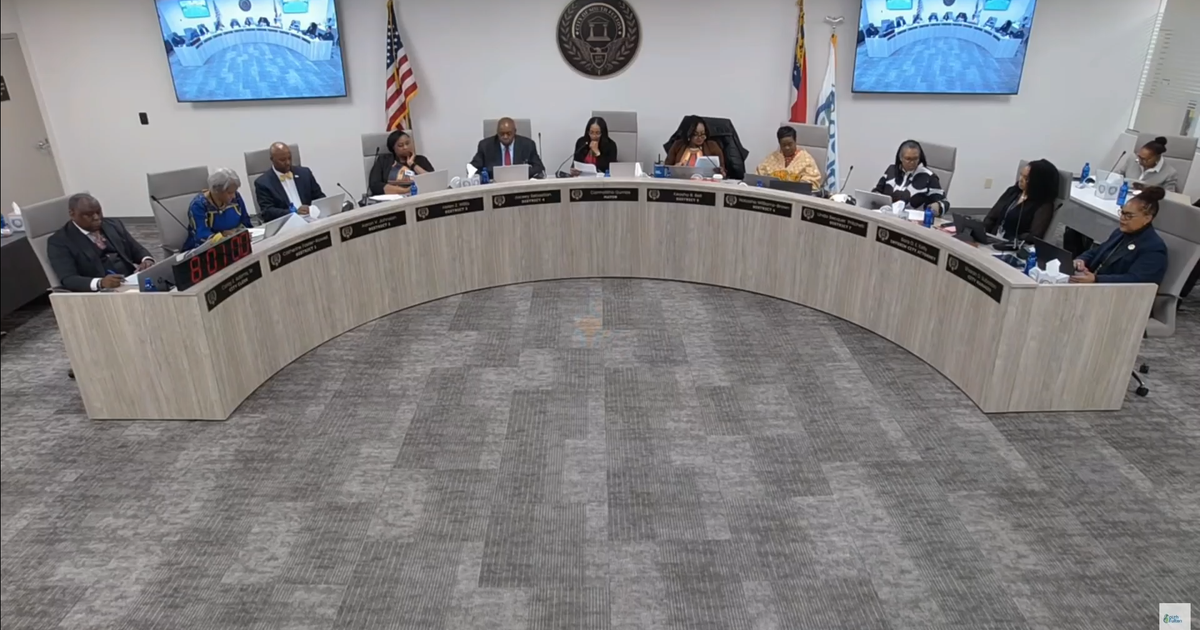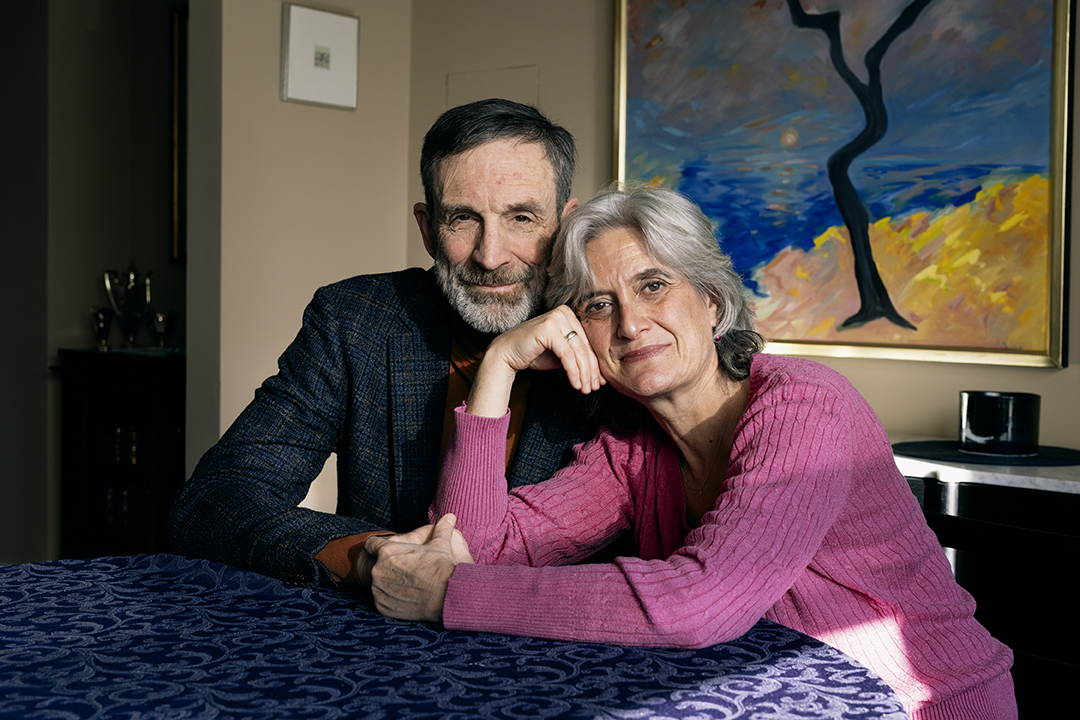Florida passes bill preventing marriage of anyone under 17
TALLAHASSEE, Fla. -- A woman who was 11 when she was forced to marry her rapist has worked for six years to ban child marriages in Florida. On Friday, she was hailed as a hero after the Legislature passed a bill prohibiting marriage for anyone under 17.
State lawmakers have repeatedly cited Sherry Johnson as an inspiration to change the law. She watched in the House gallery as the bill passed the House on a 109-1 vote, then stood as representatives turned to face her and applauded.
"My heart is happy," she said afterward. "My goal was to protect our children and I feel like my mission has been accomplished. This is not about me. I survived."
The bill was a compromise between the House and Senate. The Senate originally passed a bill that banned the marriage of anyone under 18, but the House had wanted to carve out exceptions for some 16- and 17-year-olds when there's a pregnancy.
The bill going to Republican Gov. Rick Scott would set limits on the marriage of 17-year-olds. While pregnancy won't be a factor, anyone marrying a 17-year-old couldn't be more than two years older and minors would need parental consent. Scott's office said he will sign the bill.
Currently, 16- and 17-year-olds can marry with the consent of both sets of parents. If a pregnancy is involved, there's no minimum age for marriage if a judge approves. A legislative staff analysis showed that between 2012 and 2016, 1,828 marriage licenses were issued in Florida to couples when at least one party was a minor. That includes a 13-year-old, seven 14-year-olds and 29 15-year-olds.
In one case, a 14-year-old married a 15-year-old and in another, a man over the age of 90 was able to marry a girl who was 16 or 17 years old. In some cases, girls were allowed to marry men more than twice their age.
Supporters say changing the law will make sure no child is forced to marry a man who raped her, even if she becomes pregnant. Still, Republican Rep. George Moraitis voted against the bill. While he didn't say anything during floor debate Friday, he did say last month when he opposed the bill in committee that the current law is "very good, in my opinion, a very carefully crafted balance."
"There's literally only a handful of cases that would fall under what I would say are potentially abusive," said Moraitis, who also is chairman of the Broward County Republican Party. "To focus on a 10-year-old or an 11-year-old or something like that when we're talking about the hundreds and hundreds of people that could get married. I'm particularly focused on the pregnancy aspect of it. I don't want the message to be that it's better to not get married."
After the vote, Republican bill sponsors Rep. Jeanette Nunez and Sen. Lizbeth Benacquisto emerged from their chambers' floors and greeted Johnson with long, emotional hugs in the rotunda between the chambers.
"She's the star," Benacquisto said to reporters before rushing back to the Senate floor.
Johnson was 9 when she was raped by a church deacon, 10 when she gave birth and 11 when she married the man. Johnson said her church pressured her mother to consent to the marriage and a judge approved it. That was 47 years ago.
"I feel the whole system failed me," Johnson told CBS News last month. "It wasn't just one person. It wasn't just one source."
She ended up giving birth to five more children with the man before breaking free from the marriage several years later. She wasn't able to attend school and her experience led to a string of abusive relationships.
While the soon-to-be law wouldn't have prevented Johnson's rape or pregnancy, she wouldn't have been forced to marry, and she said that could have prevented her from years of abuse.
"It would have changed my life by not allowing me to get married, to continue to have children, to continue to have my downfall," she said. "I would have been a single mother and I think would have done well."



